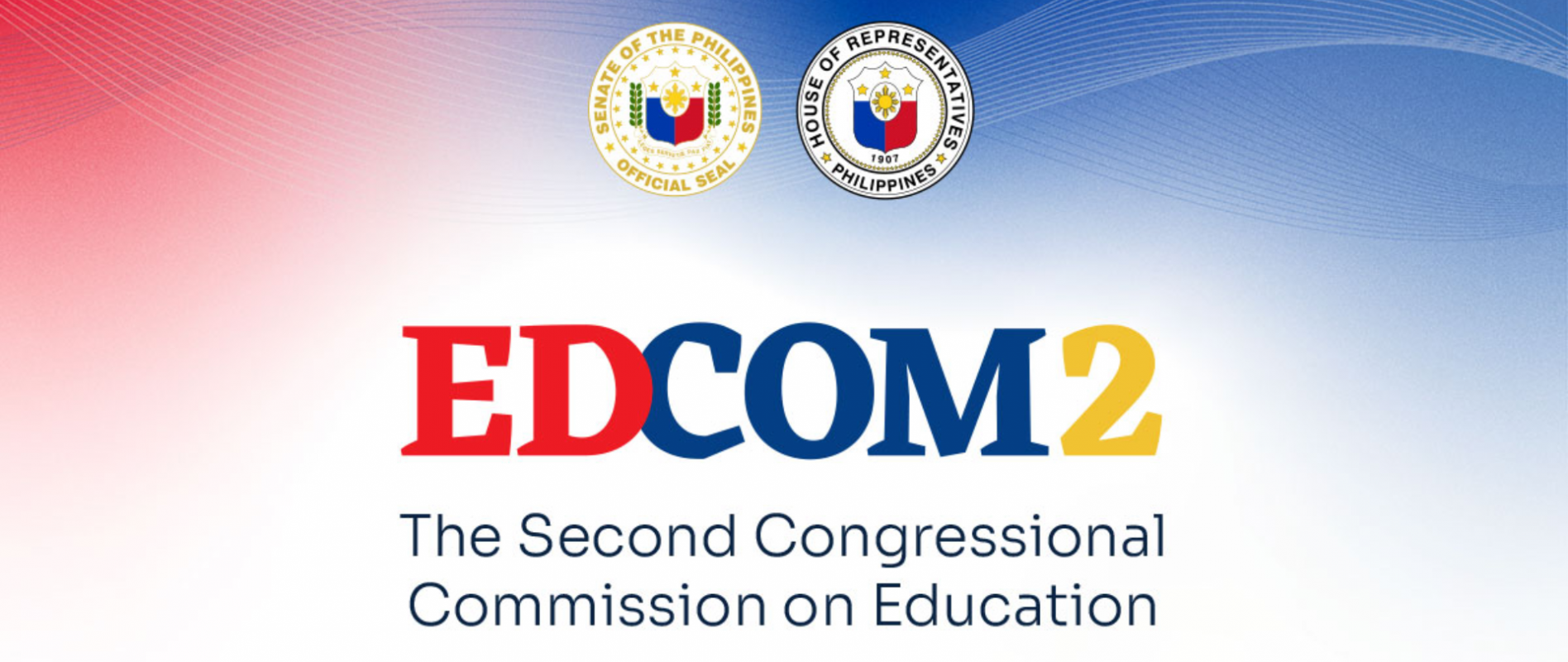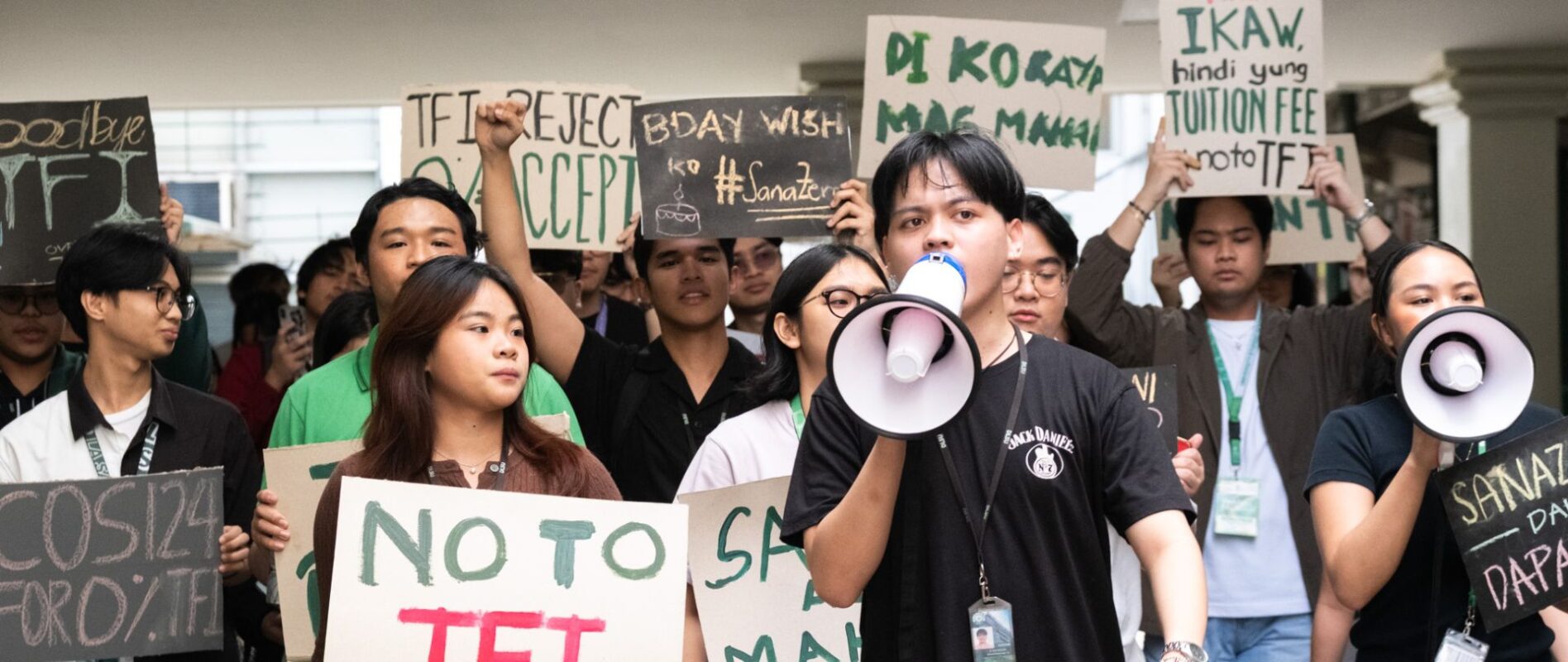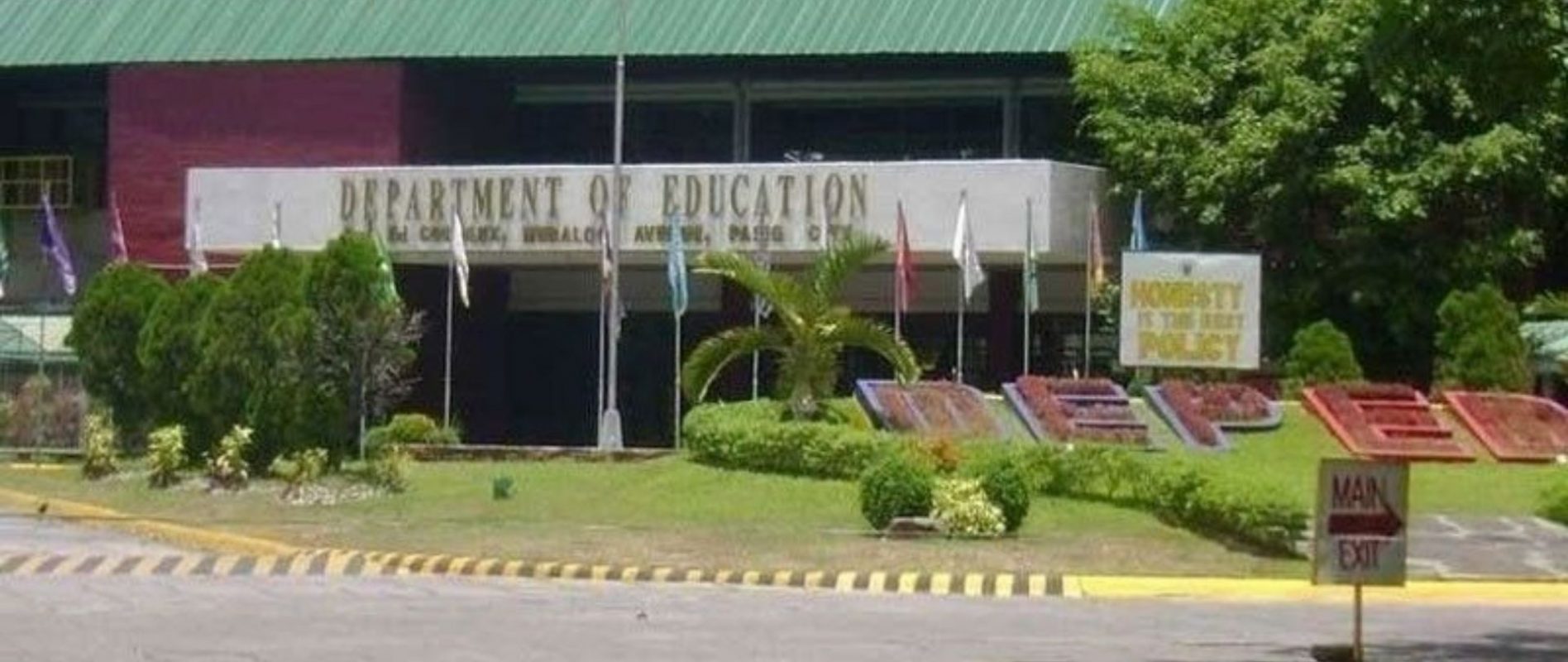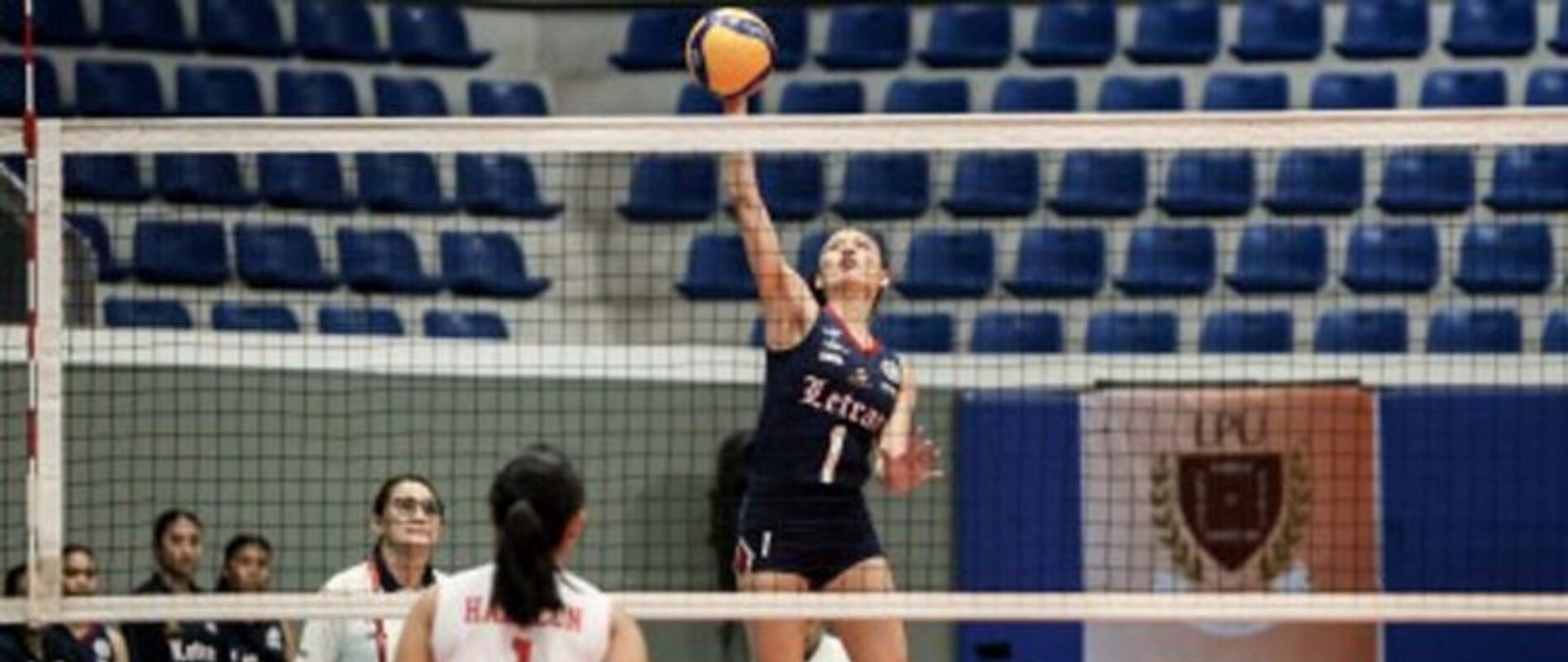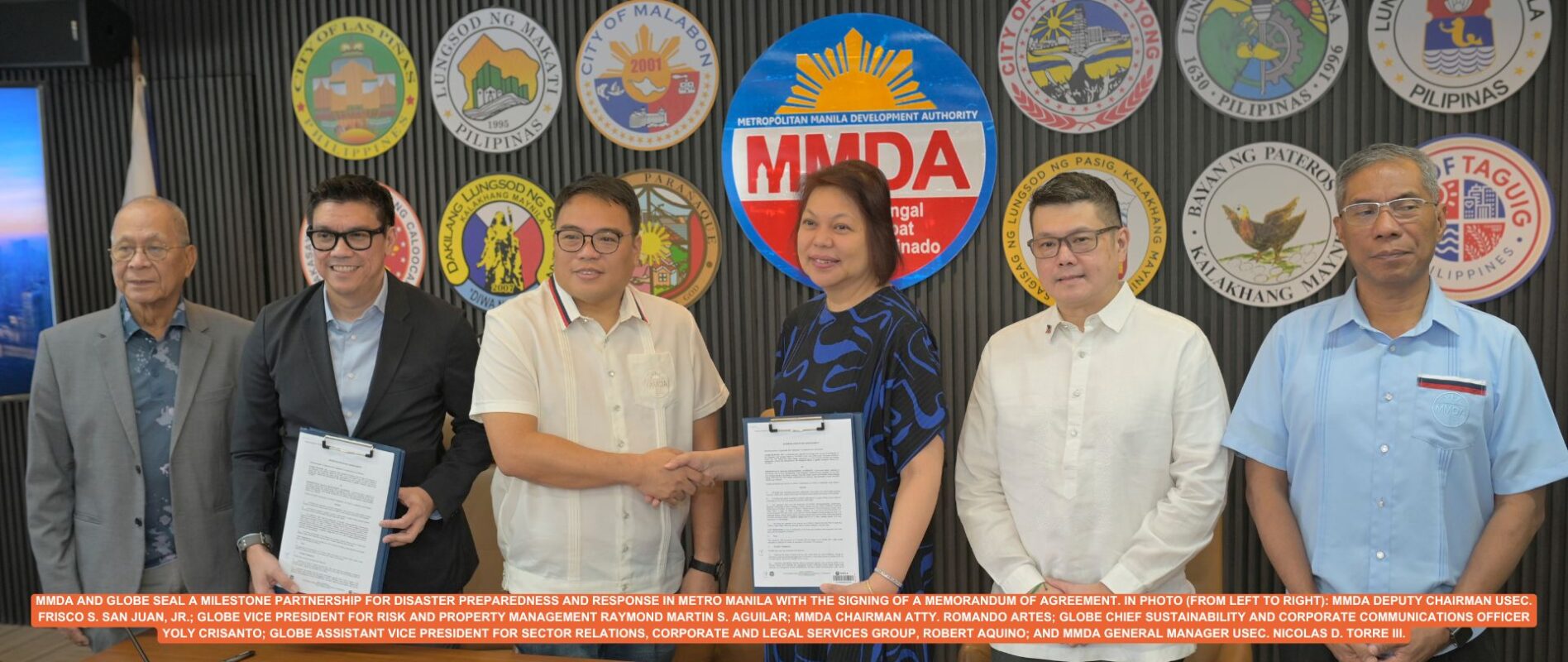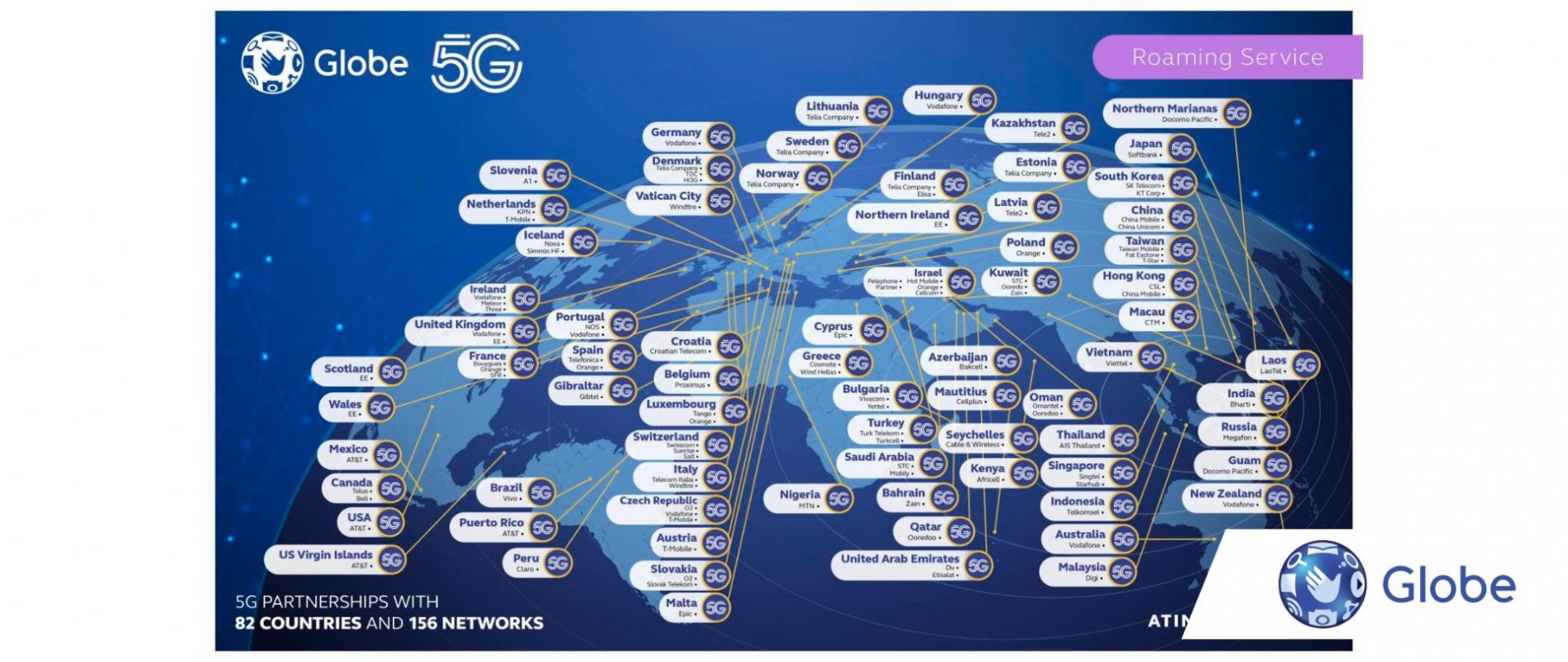EDCOM 2 FLAGS LARGELY UNIMPLEMENTED PROVISIONS OF STUDENT AID LAW
A DECADE after the enactment of Republic Act No. 10687, which sought to unify student financial assistance for tertiary education, key provisions of the law remain largely unimplemented.
This was revealed during a recent hearing of the Second Congressional Commission on Education (EDCOM 2) on the Commission on Higher Education’s (CHED) charter.
RA 10687, passed in 2015, created the Unified Student Financial Assistance System for Tertiary Education (UniFAST) to harmonize and streamline all student aid programs across government agencies.
But ten years later, several major components—including a national student loan program, qualifying exams for scholarships, comprehensive impact evaluations, and a centralized higher education database—have yet to materialize.
“The UniFAST was designed as the government’s solution to a fragmented, untargeted, and uncoordinated student aid system,” said Dr. Karol Mark Yee, EDCOM 2 Executive Director. “But a decade later, many of the law’s core intentions remain unfulfilled.”
Today, UniFAST is best known for managing the Universal Access to Quality Tertiary Education program under RA 10931, which provides free tuition in state universities and colleges and covers the Tertiary Education Subsidy and Tulong Dunong Program.
According to UniFAST Executive Director Atty. Ryan Estevez, the implementation of free tuition programs overshadowed the agency’s broader original mandate.
“When UniFAST was created, we envisioned fulfilling its core functions. But the passage of the free tuition law shifted our focus,” he said. He added that only recently has UniFAST begun refocusing on its original responsibilities.
Estevez noted that Technical Working Groups, including the Department of Science and Technology, are drafting unified StuFAP guidelines, with a presentation to stakeholders expected within two weeks.
Former CHED Chairperson Dr. Patricia Licuanan voiced frustration over UniFAST’s unrealized potential. “When we launched UniFAST, it was groundbreaking. But attention quickly shifted to free tuition,” she said.
Concerns were also raised about local universities, particularly locally funded colleges and universities (LUCs), using UniFAST as a funding vehicle. University of Makati President and EDCOM 2 Higher Education Standing Committee member Prof. Elyxzur Ramos warned that some LUCs duplicate basic college courses to access national funds without addressing local education needs.
EDCOM 2 findings also revealed state universities and colleges (SUCs) are increasingly dependent on national subsidies, with delays in UniFAST reimbursements affecting operations.
CHED and UniFAST officials cited structural and resource constraints in fully implementing RA 10687. CHED Executive Director Atty. Cinderella Benitez-Jaro pointed to limited staffing and stagnant organizational structures despite growing responsibilities from various education laws.
EDCOM 2 Co-Chairperson Rep. Roman Romulo questioned the lack of progress on a national student loan system, noting that government financial institutions like LandBank and the Development Bank of the Philippines already offer “study now, pay later” programs.
To ensure accountability, EDCOM 2 has requested UniFAST to submit by August 3, 2025, a comprehensive timeline for fulfilling its nine unimplemented mandates.
As the education sector faces rising demand and evolving challenges, stakeholders emphasize the need to realize the full intent of RA 10687—not just free tuition but a harmonized, evidence-based, and sustainable student financial aid system.

